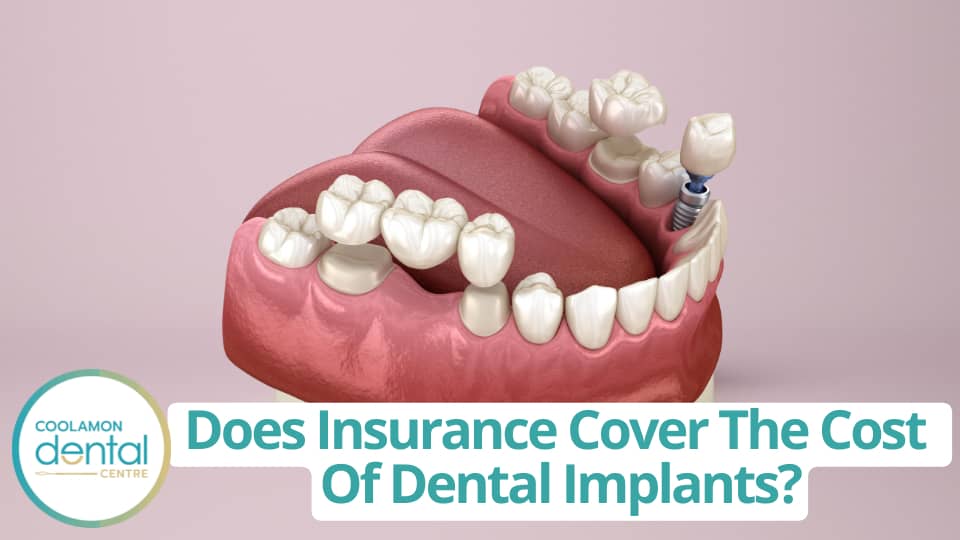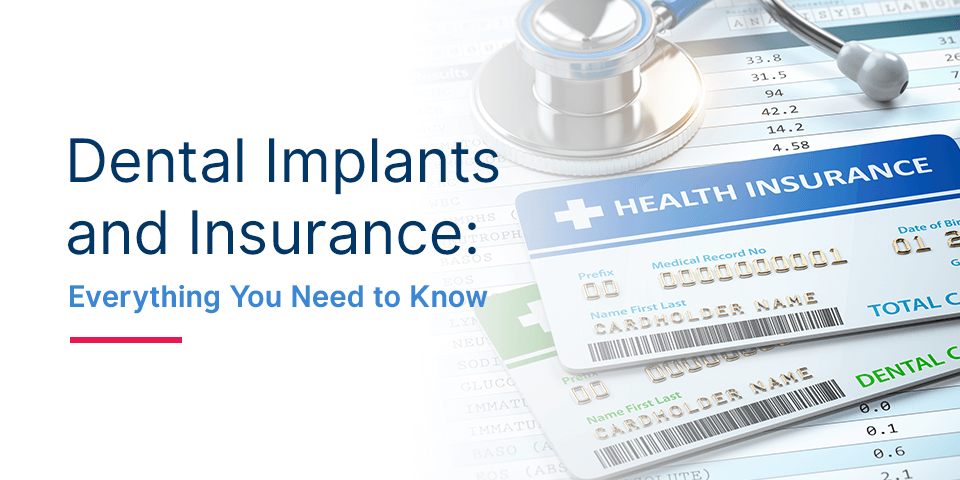Cost Considerations for Dental Implants: Does Health Insurance Cover Tooth Implant

Does health insurance cover tooth implant – Dental implants are a popular and effective tooth replacement option, but they can be a significant financial investment. Understanding the cost factors and potential financial implications is crucial before making a decision.
Average Cost of Dental Implants
The average cost of a single dental implant can vary widely depending on several factors, including the location of the implant, the complexity of the procedure, the experience of the dentist, and the materials used. However, a general estimate for a single implant, including the implant, abutment, and crown, can range from $3,000 to $6,000.
Comparison with Alternative Tooth Replacement Options
Dental implants are generally more expensive than other tooth replacement options, such as dentures or bridges. However, they offer several advantages, including:
- Longer lifespan:Dental implants can last for decades with proper care, while dentures and bridges may need to be replaced every 5-10 years.
- Improved appearance and function:Implants look and feel like natural teeth, and they can restore chewing function.
- Preservation of bone:Implants help prevent bone loss, which can occur with dentures and bridges.
Financial Implications of Dental Implant Coverage
Dental implant coverage varies widely among insurance plans. Some plans may cover a portion of the cost, while others may not cover it at all. It’s important to check your insurance policy to determine the extent of your coverage.
Potential Cost-Sharing Arrangements
If your insurance plan does not cover dental implants, you may be able to explore cost-sharing arrangements with your dentist or a financing company. Some dentists may offer payment plans, while financing companies may offer loans with flexible repayment terms.
Finding Affordable Implant Coverage

Securing affordable dental implant coverage can be a significant challenge, but it is achievable with strategic planning and research. Understanding the factors that influence coverage and exploring available options can help individuals find the best fit for their needs.
Evaluating Dental Insurance Plans, Does health insurance cover tooth implant
Finding dental insurance plans that offer favorable implant coverage involves a thorough assessment of key factors.
- Coverage Limits:Dental plans have specific coverage limits for implants, which vary greatly between providers. Some plans may only cover a portion of the implant cost, while others may offer more comprehensive coverage.
- Waiting Periods:Many dental insurance plans have waiting periods before implant coverage becomes active. It is crucial to understand these waiting periods before choosing a plan, as they can significantly impact the time it takes to receive coverage.
- Pre-Existing Conditions:Some plans may exclude coverage for implants related to pre-existing conditions. It is essential to review the plan’s coverage details to determine if there are any limitations based on existing dental issues.
Maximizing Insurance Benefits
Once you have a dental insurance plan, there are strategies to maximize your benefits for dental implants.
- Consult with Your Dentist:Your dentist can guide you through the process of utilizing your insurance benefits effectively. They can provide information on the specific procedures covered by your plan and recommend the most cost-effective options.
- Consider a Dental Savings Account (DSA):DSAs allow individuals to save pre-tax dollars for dental expenses, including implants. Contributions to DSAs are tax-deductible, potentially reducing the overall cost of implants.
- Explore Payment Plans:Many dental practices offer payment plans to help patients manage the cost of implants. These plans can spread out payments over time, making the procedure more affordable.
Resources for Affordable Implant Coverage
Several resources and organizations can assist individuals in finding affordable implant coverage.
- Dental Implant Associations:These organizations often provide information on implant costs, insurance options, and financial assistance programs. The American Academy of Implant Dentistry (AAID) and the International Congress of Oral Implantologists (ICOI) are reputable sources.
- State Dental Boards:State dental boards can provide information on dental insurance plans available in your area. They may also offer guidance on finding affordable implant coverage.
- Local Dental Clinics:Many local dental clinics offer financial assistance programs to help patients with the cost of dental implants. These programs may involve sliding-scale fees, payment plans, or grants.
Detailed FAQs
What is the average cost of a dental implant?
The average cost of a dental implant can vary widely depending on factors such as location, the complexity of the procedure, and the materials used. However, a single implant can cost anywhere from $3,000 to $5,000 or more.
Do I need to get pre-authorization for a dental implant?
Many dental insurance plans require pre-authorization for dental implants. This means you’ll need to contact your insurance provider before the procedure to determine if it’s covered and to obtain approval for coverage.
Can I use my HSA or FSA funds for dental implants?
Yes, you can typically use funds from your Health Savings Account (HSA) or Flexible Spending Account (FSA) for dental implants, as long as the procedure is deemed medically necessary.
What are some alternatives to dental implants?
Alternatives to dental implants include dentures, bridges, and partial dentures. These options may be less expensive than implants, but they may not offer the same level of functionality or longevity.